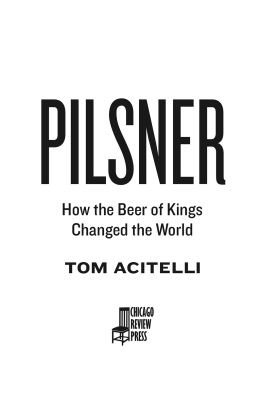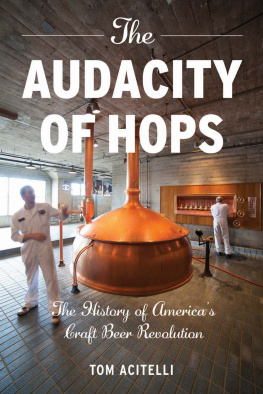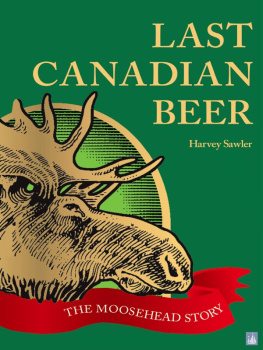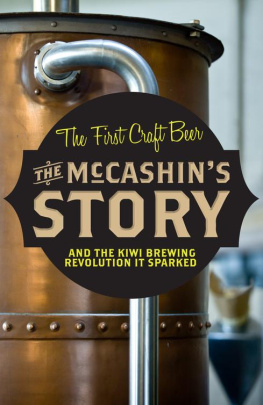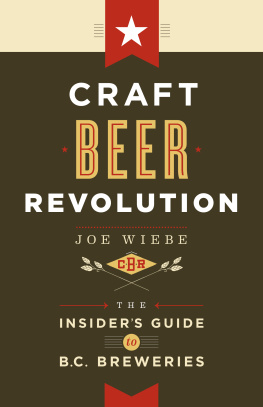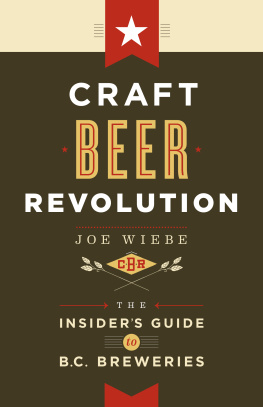Introduction
AT THE RIGHT PLACE AND TIME
Cambridge, Massachusetts
O n October 10, 1913, Adolphus Busch, the worlds largest brewer and one of its richest men, died while holidaying at his estate near the Rhine River in Hesse, Germany, at the age of seventy-four. Among the events that Buschs death triggered was the payment by his widow, Lilly, of nearly $1.4 million to Harvard University for the construction of Americas first museum devoted to the art of German-speaking Europe. Adolphus Buscha prolific philanthropist and fundraiser for causes that included the recovery efforts from the San Francisco earthquake of 1906 and myriad civic improvements in St. Louis, his adopted hometown and seat of his Anheuser-Busch breweryhad already given generously to the museum effort, which stretched back to the late 1890s.
In 1906, Busch, who then had no other connection to Harvard, had donated the equivalent of $50,000 in todays dollars to the effort, and had undertaken to raise even more funds from other wealthy German Americans. He soon despaired of the effort. I am still working for the good cause, however without flattering prospects, Busch telegraphed Kuno Francke, a German literary scholar at Harvard who had first argued for the museum in 1897. Most of our millionaires are not deserving their possessions. Providence made a mistake in bestowing wealth upon them. Busch, though, kept at it. He told relatives and associates how much such a museum at Americas oldest university would mean to him and to other German Americans. They had, only a short few decades before, been the subject of nativist scorn as thousands, then hundreds of thousands, arrived in America following revolutions and counterrevolutions in their homelands. Nearly one million Germansalmost 5 percent of the US population at the timehad poured in during the 1850s alone. Busch was among that number, though he was better off than most: his parents ran a successful wholesale business in Hesse, selling winemaking and brewing supplies. But as the twenty-first of twenty-two children, Busch knew early on that he could not expect much in the way of inheritance. With three of his brothers, he decamped in 1857 for St. Louis, which was already a popular destination for Germans, who drove an eightfold increase in the citys population from 1840 to 1860.
Such popularity among Germans also meant that St. Louis was a fertile ground for breweries, for the two inevitably went hand in handa fact not lost on nativists nervous about the immigrant influx. Breweries have multiplied, and beer barrels and beer bottles are all around us, Daniel Dorchester, a Mayflower descendant and influential New England politician and clergyman would write in a survey of American drinking habits in the 1800s. In it, Dorchester zeroed in on how the popularity of beer had risen alongside the arrival of certain elements, as Dorchester described Germans such as Adolphus Busch. In particular, the Germans brought a taste for lighter, crisper lager beer to America, and its popularity spread wherever they put down roots. And the precise style of lager beer that German immigrants and other Americans were gravitating toward in immense quantities... everywhere, according to English chronicler D. W. Mitchell, was pilsner.
While born in 1842 in the city of Pilsen in Bohemia in what was then the Austrian Empire and what is now Czechia, pilsner is at its heart a Bavarian beer, a German creation. Its inventor, an acerbic brewmaster named Josef Groll, was born and raised in Bavaria, and he worked with other Bavarians and Bavarian techniques to develop pilsner. The styles original all-important yeast, the microorganisms that convert the sugary starch of the grains to intoxicating ethanol, came from Bavaria. Bavarian Germans made and popularized its stylistic predecessors, other lighter-looking and lighter-tasting lagers from which pilsner evolved. And it would be mostly Germans who whisked pilsner to America to commence its rocket-ship rise to world ubiquity.
Almost in recognition of the limitations of its geographical marker, pilsner-style beer would end up going by many other names, including Bohemian lager, American lager, continental lager, adjunct lager, and light lagerthe last sometimes a catchall for the types of beer that immediately preceded pilsner as well as for the style itself, which would represent the apotheosis of the brewers art. Brewers of the twenty-first century sometimes describe pilsner as naked, for like no other style before it, its effervescent clarity offers nowhere for a flaw to hide. The style became the standard of popular beer. Commercially, wherever it went, which was at first usually wherever Germans went, pilsner found a gracious welcome.
Adolphus Busch realized the potential for this brightest and bubbliest of beer styles quicker than most, and he would use pilsner to build his brewing empire, beginning in the 1860s. Its flagship by the 1870s was Budweiser, a Bohemian lager that shared all the hallmarks of pilsner: light-tasting and gold-colored; crisp, even bubbly in mouthfeel; and relatively low in alcohol. Drinkers could knock back pilsners in those immense quantities and not feel the same deleterious effects of whiskey and fruit-based alcoholic beverages, the two tipples that pilsner was edging out as the nations most popular alcoholic beverage. A dozen years ago, Mitchell noted in 1862, brandy and whiskey were the popular drinks; now they have, in a great measure, given place to this lager bier, with its three per cent of alcohol.
This popularity unnerved temperance advocates, of which Daniel Dorchester was one. He saw the prohibition of alcohol as our next emancipation, comparing it to the abolition of slavery in 1865 and the ban on polygamy in 1876. Zealots like Dorchester came tantalizingly close to achieving it: four statesMaine, Vermont, Kansas, and Iowahad largely banned alcohol production and consumption by 1884, the year of Dorchesters treatise, as had hundreds of counties and municipalities nationwide. But then came the Germans with their pilsner, threatening to gum up the works. (Dorchester titled his chapter on the rise of beer The Beer Invasion.) Perhaps because it was so much lower in alcohol than whiskey and brandyand even hard cider, the tipple of choice for so many of Dorchesters fellow New Englandersbeer, especially lighter lagers such as pilsner, seemed a dangerous third way in alcohol consumption. Specious pleadings have been made for beer, as promotive of health, constitutional development, and even of temperance, Dorchester wrote, and the example of Germany, as a land of temperance fostered by beer, has been falsely and deceptively advocated.

